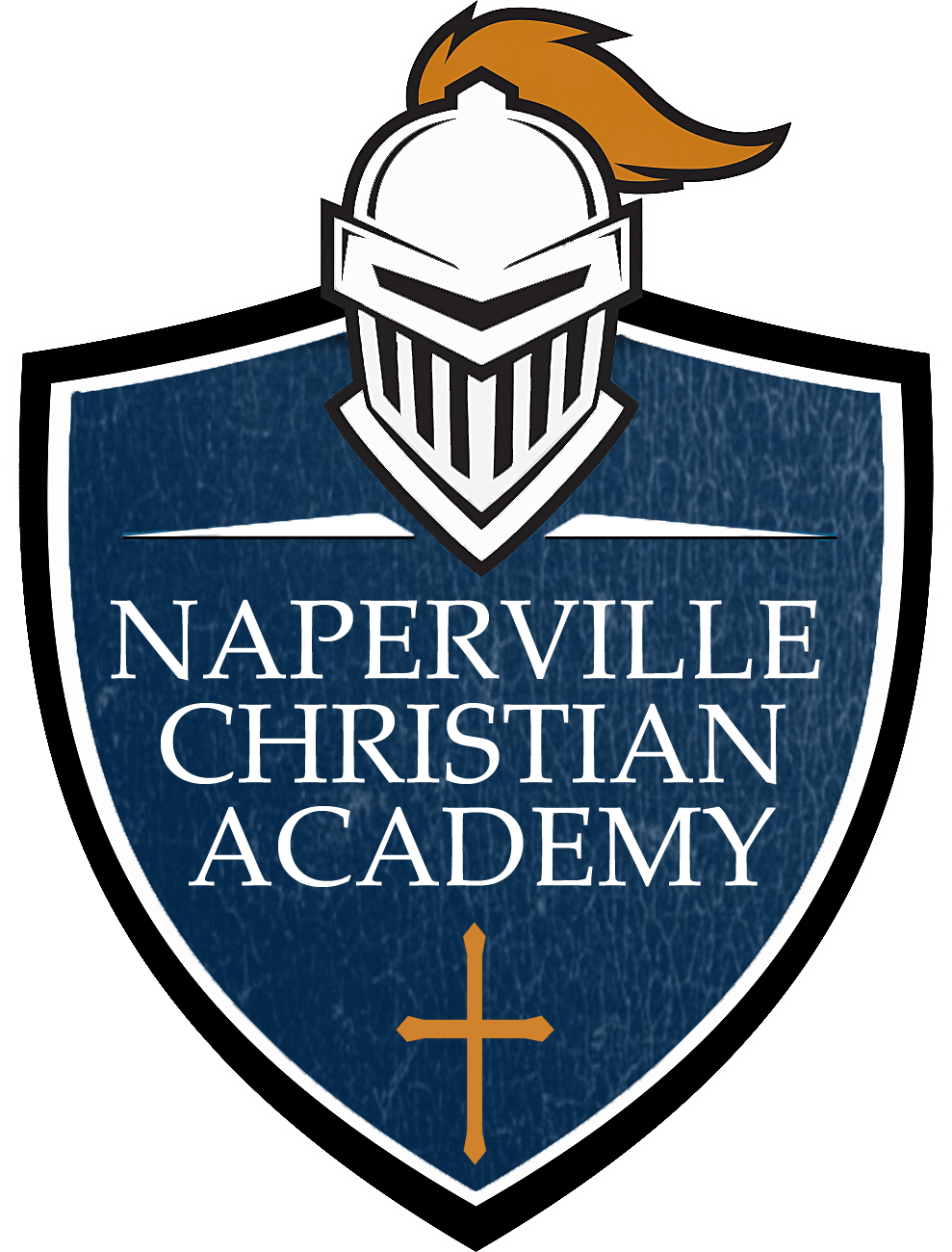Now that we are several weeks into the school year, I’ve noticed growing confidence among our students, both socially and academically. Routines and expectations are no longer new or surprising. I delight to see this emerging maturity, especially when our students willingly assume greater responsibility for their own work and learning.
I’ve been reading Didascalicon by Hugh of St. Victor (b.1096-1141) over the past few weeks. He was a Scholastic theologian, monk, and headmaster of St. Victor Abbey school in France in the Medieval Era. He is practical, yet he is also charmingly idealistic, too. He writes about students and the process of learning: “[T]here are some who, although they are not ignorant of their dullness, nevertheless strive eagerly for knowledge, with all the effort of which they are capable. And they incessantly sweat in study, so that what they might have less as a result of labour, they seem to achieve by an act of will.” Hugh of St. Victor admires students who are so hungry to learn that they’re willing to work very hard to gain the knowledge (and, thus, the wisdom) they need.
Not all of us are so intellectually gifted as to be natural students. Yet, all of us can willingly work hard at our studies, in order to understand God’s work and His world. As I read this old monk’s ideas about studying and learning, I’m encouraged by his hopefulness toward all students. Here at NCA, this means we encourage our students to embrace hard work. Sometimes, they have to struggle a bit in order to understand a challenging concept for themselves. At other times, it means we might have to set aside something fun in order to finish a difficult assignment. I often tell my students I make a practice of reading a challenging text at least three times before I’m prepared to discuss it. It takes repetition, annotation, and plenty of thinking time for me to fully understand a writer’s argument. Some of your loved ones are the same.
Hugh of St. Victor teaches us that the reward of wisdom, a greater understanding of God and enjoyment of life as His child, is worth our sacrifices: “[T]hey are called the trivium and quadrivium, since by these roads, so to speak, the lively mind may enter the secret places of wisdom,” he writes. Proverbs 9:1-4 phrases the same theme this way, “Wisdom has built her house; she has hewn out its seven pillars. She has prepared her meat and mixed her wine; she has also set her table. She has sent out her maids, and she calls from the highest point of the city. ‘Let all who are simple come in here!’” And verse 10: “The fear of the Lord is the beginning of wisdom, and knowledge of the Holy One is understanding.” Fellow children of the King, come hungry and with a good will to work at our studies with diligence, and God is generous to teach us His truth.
